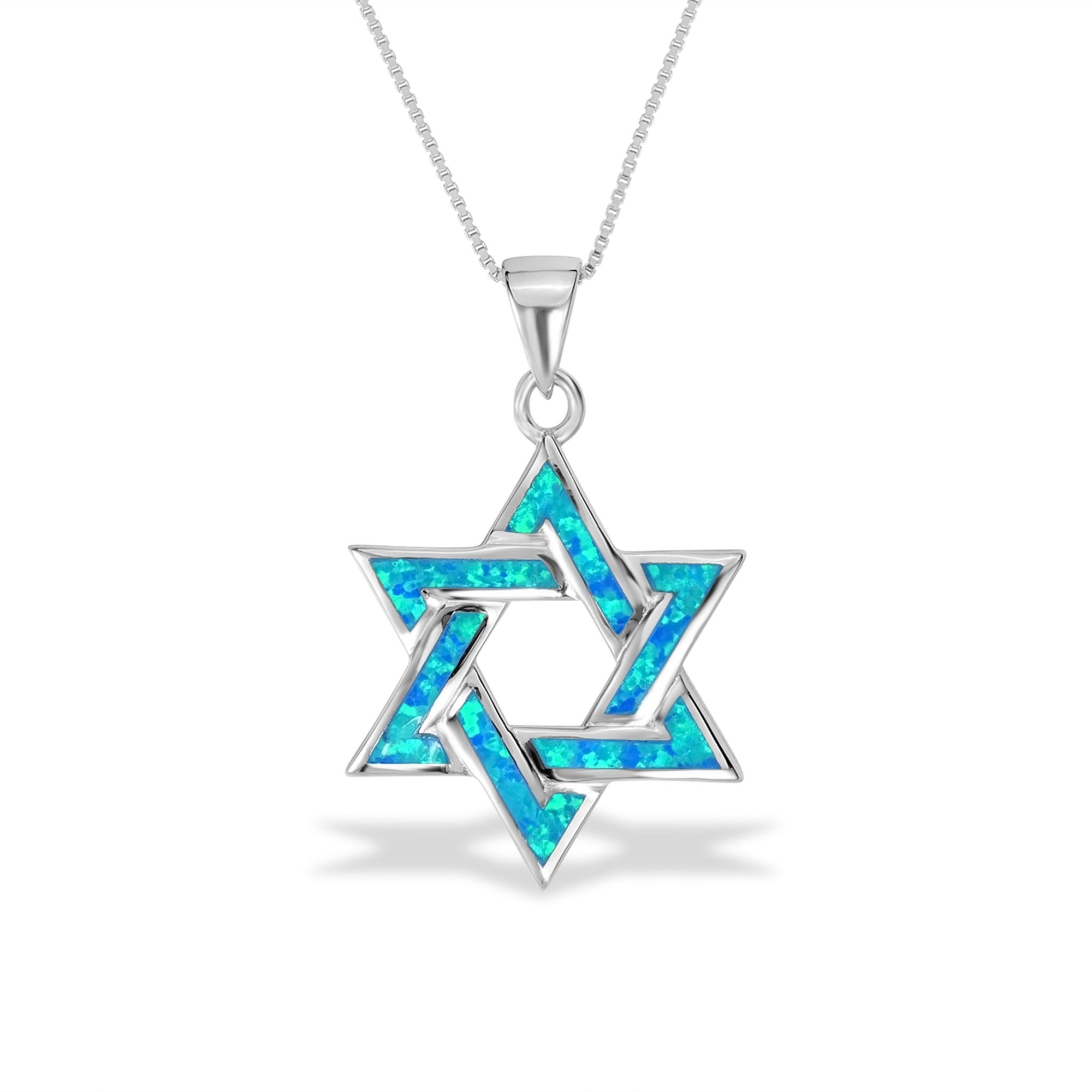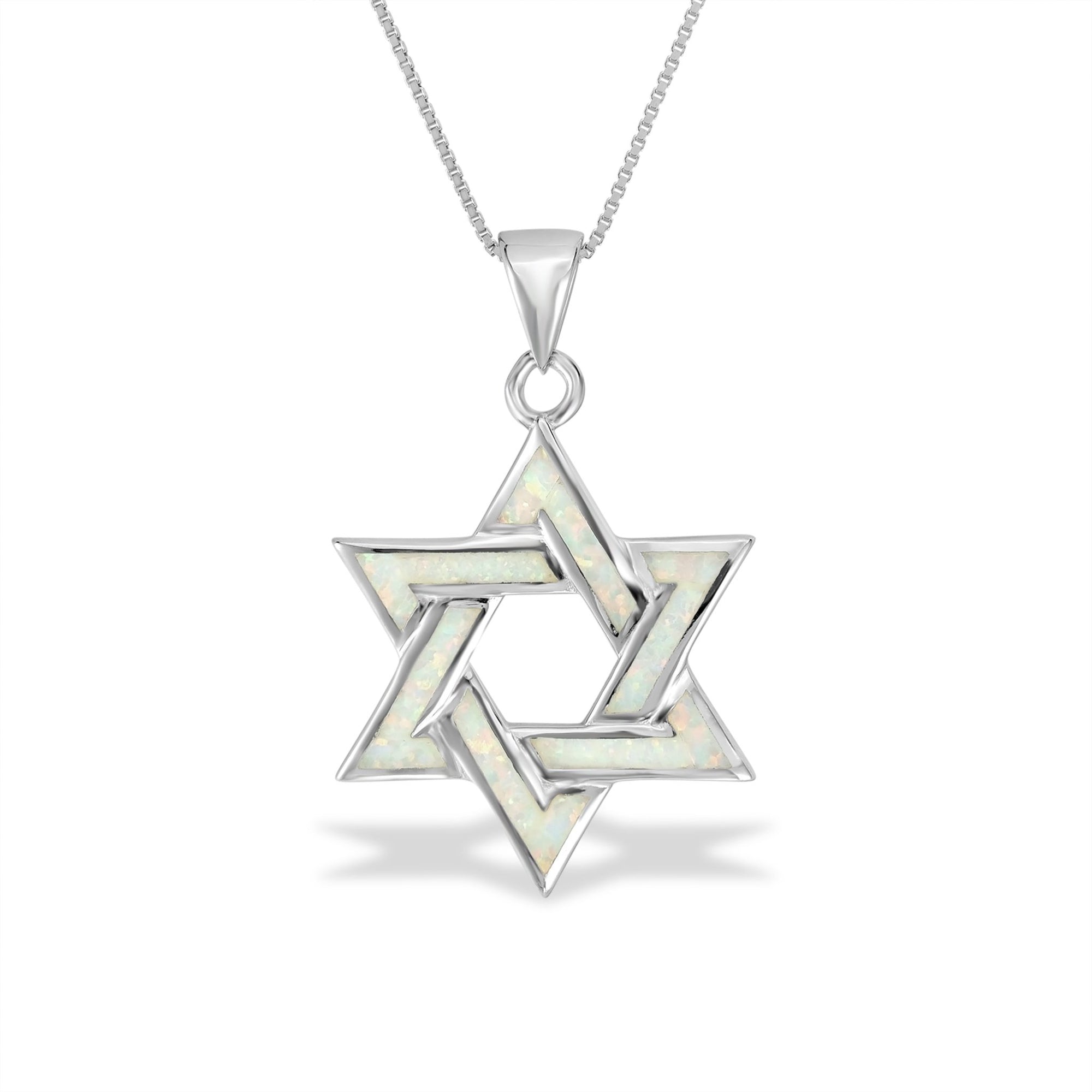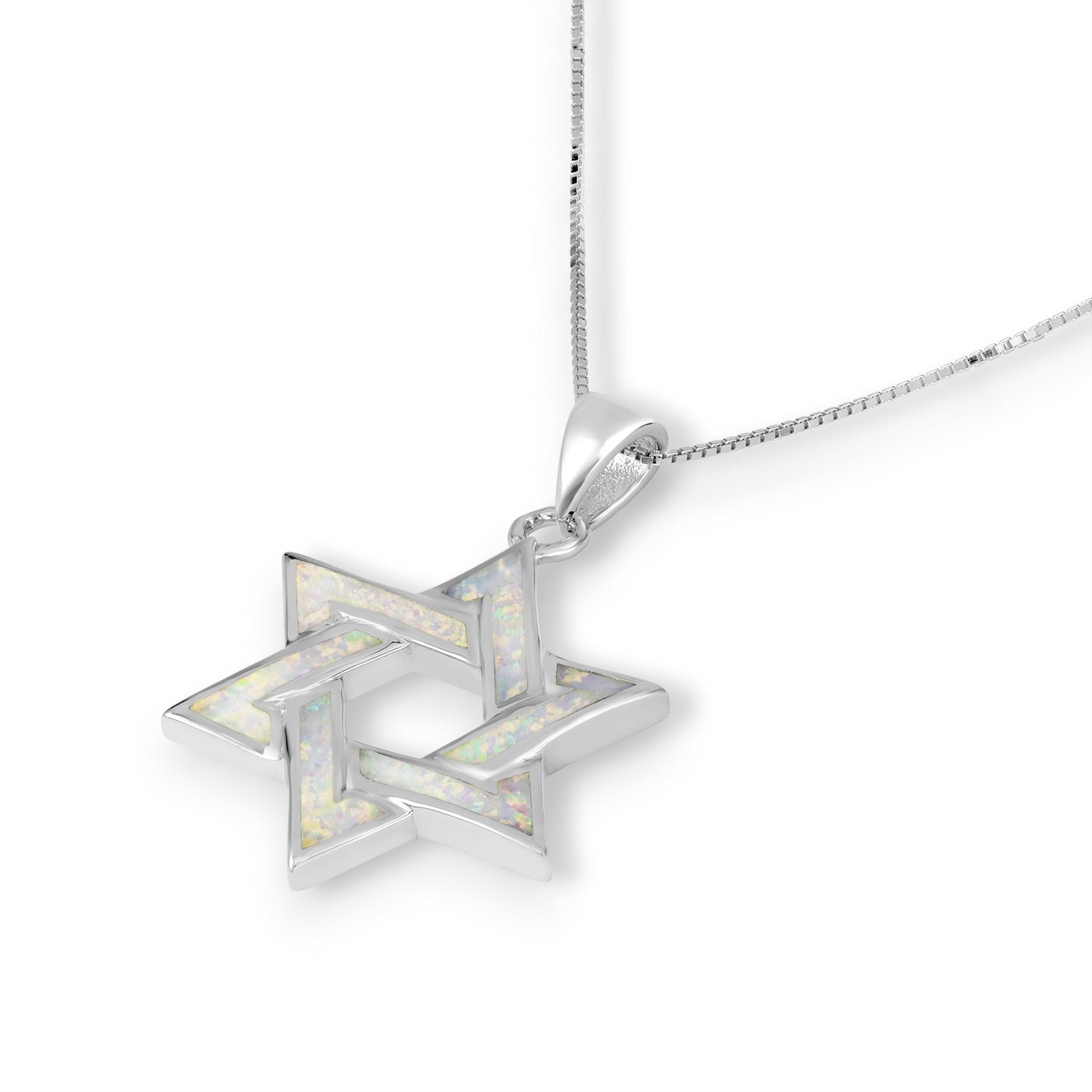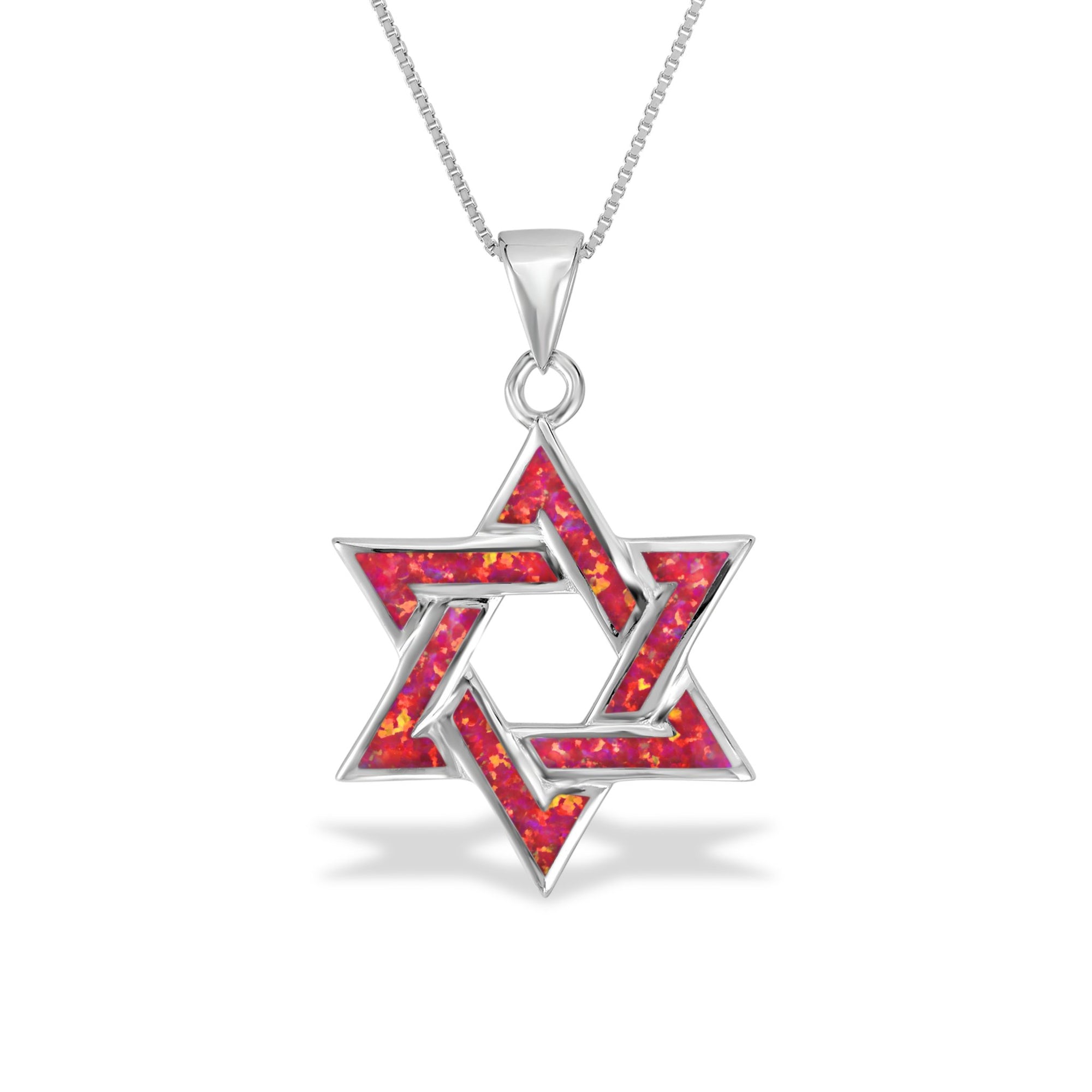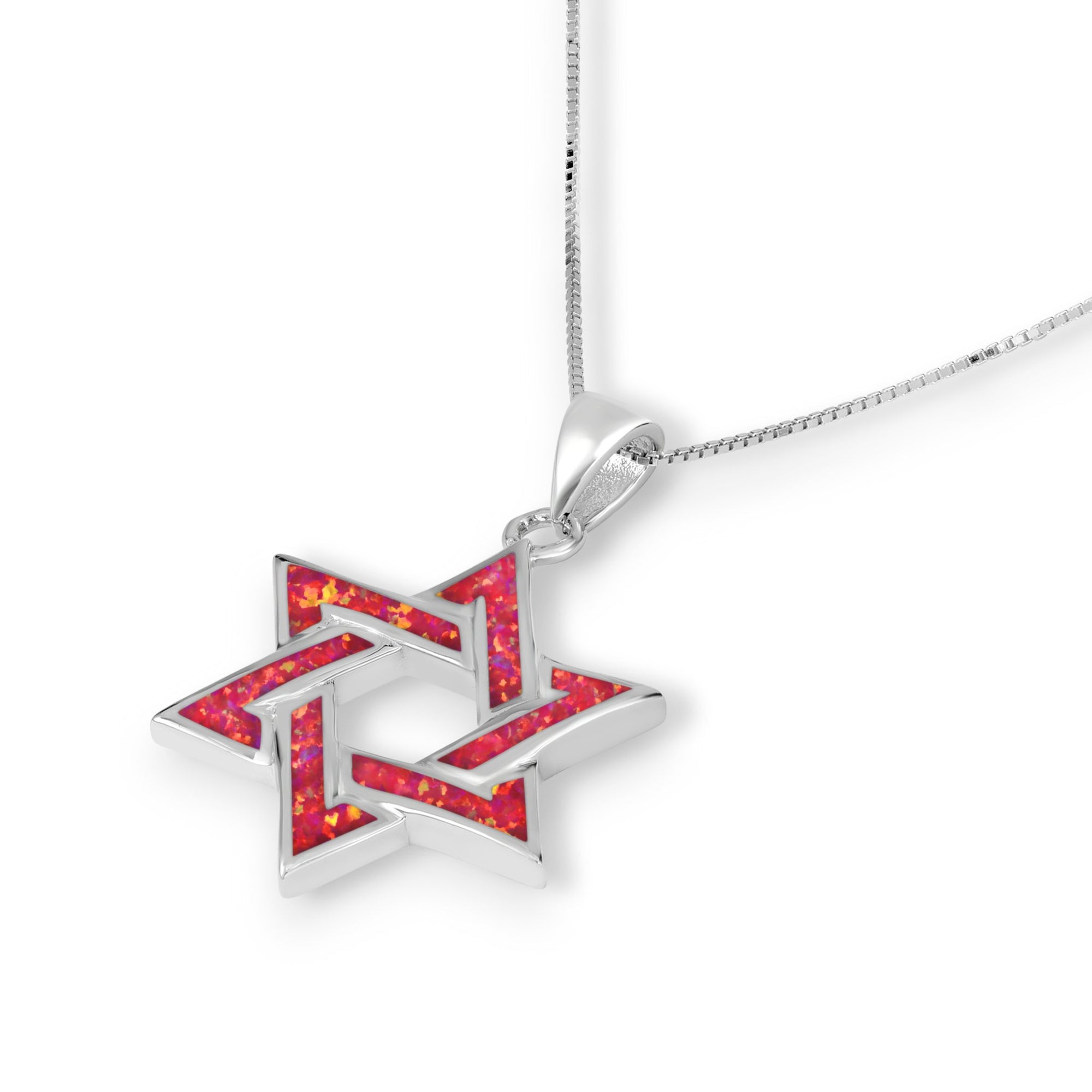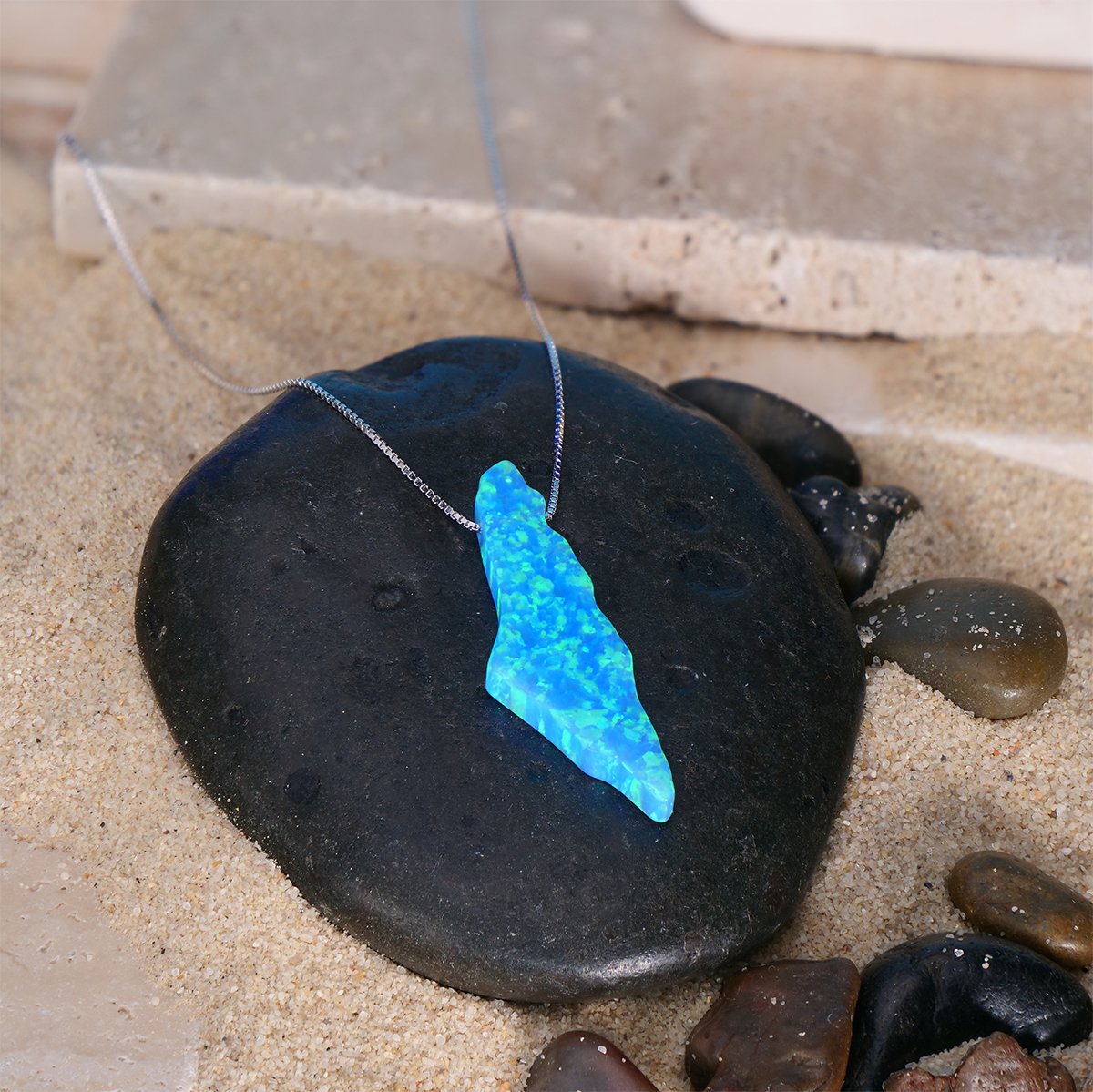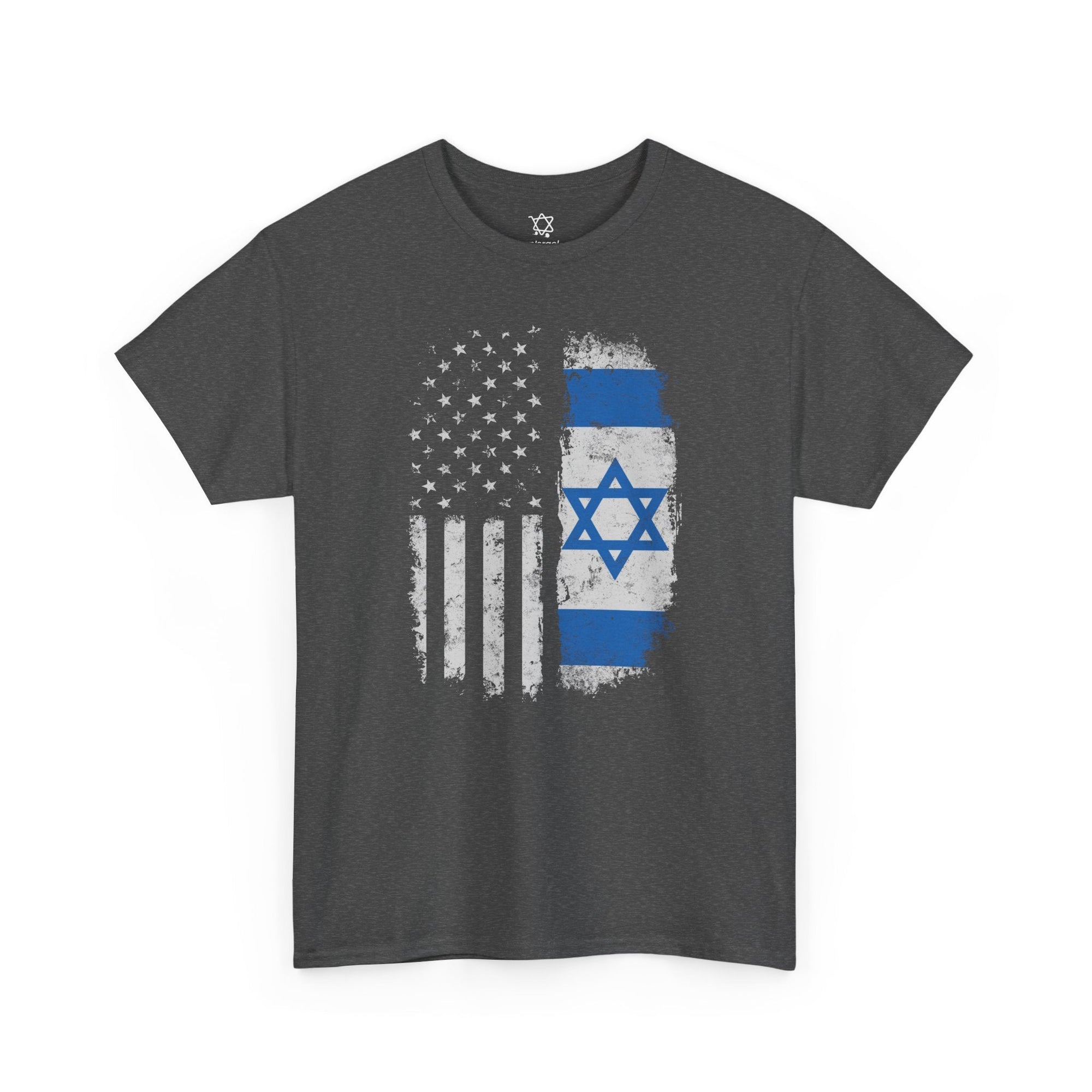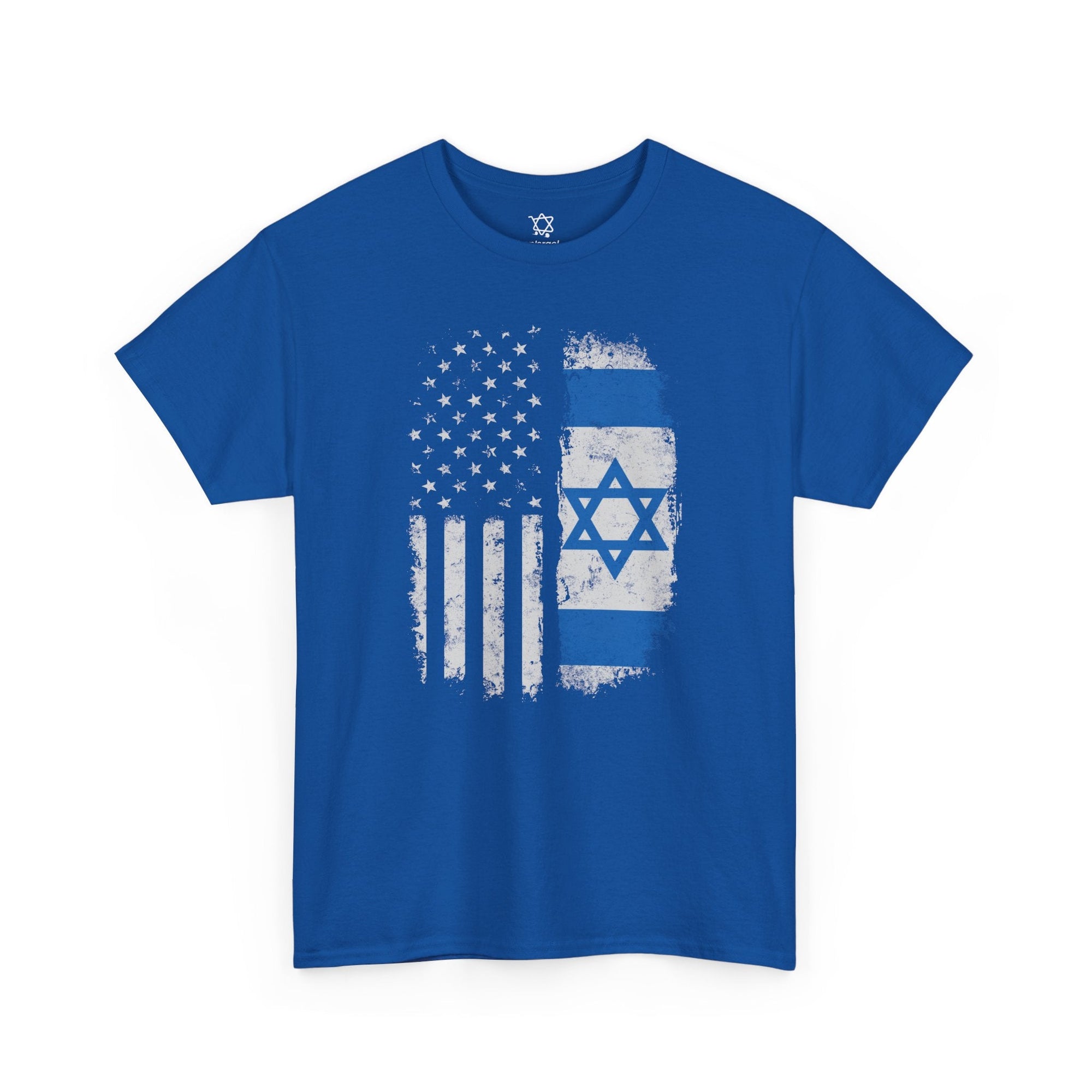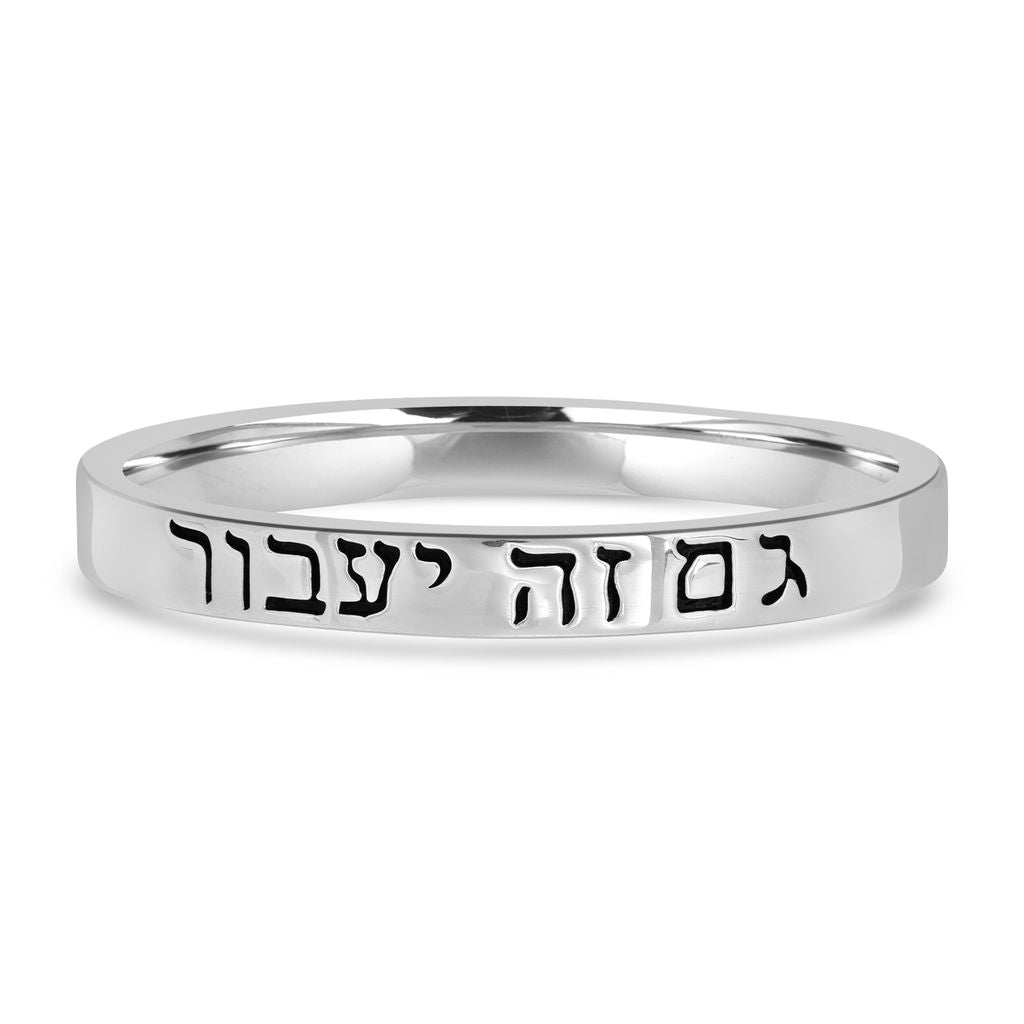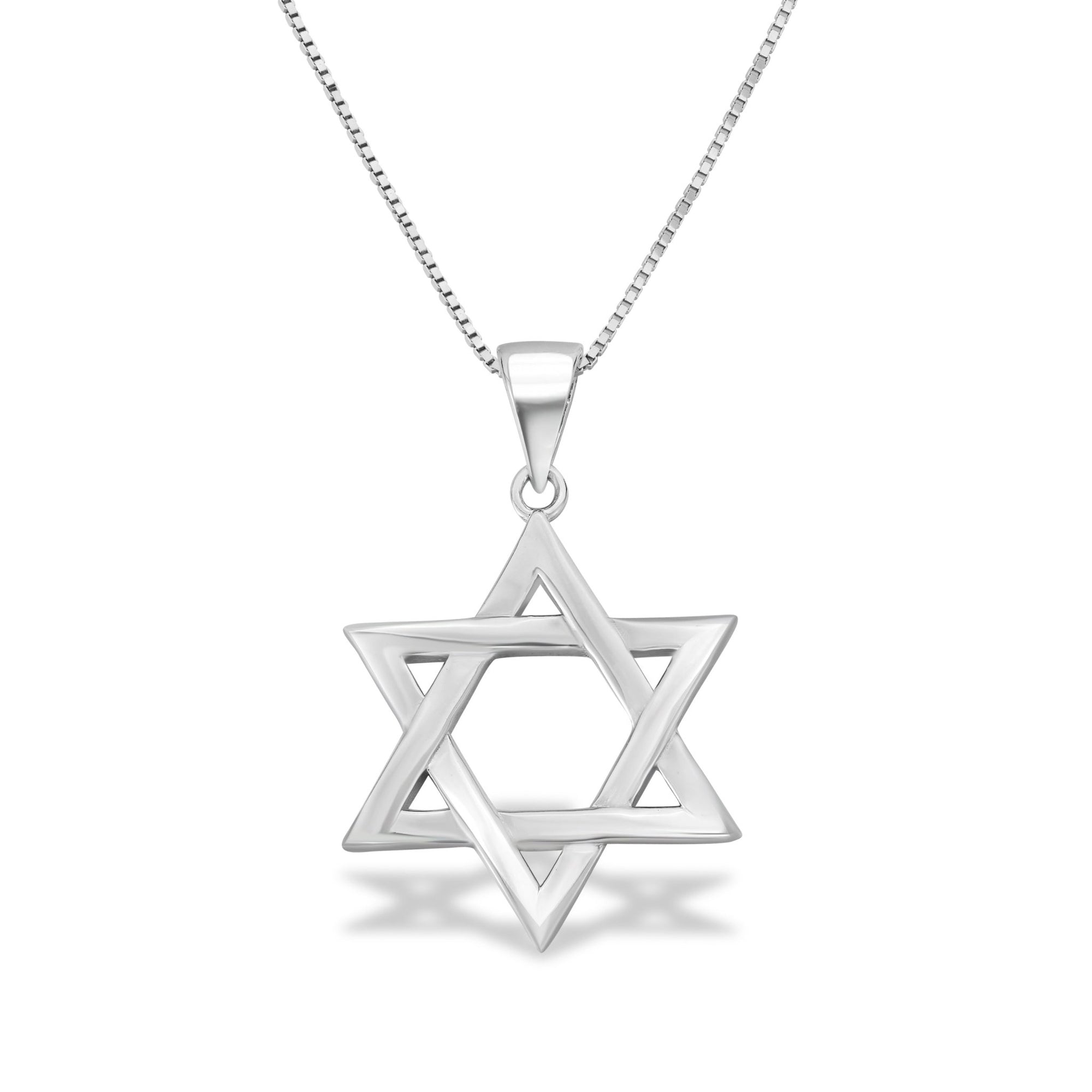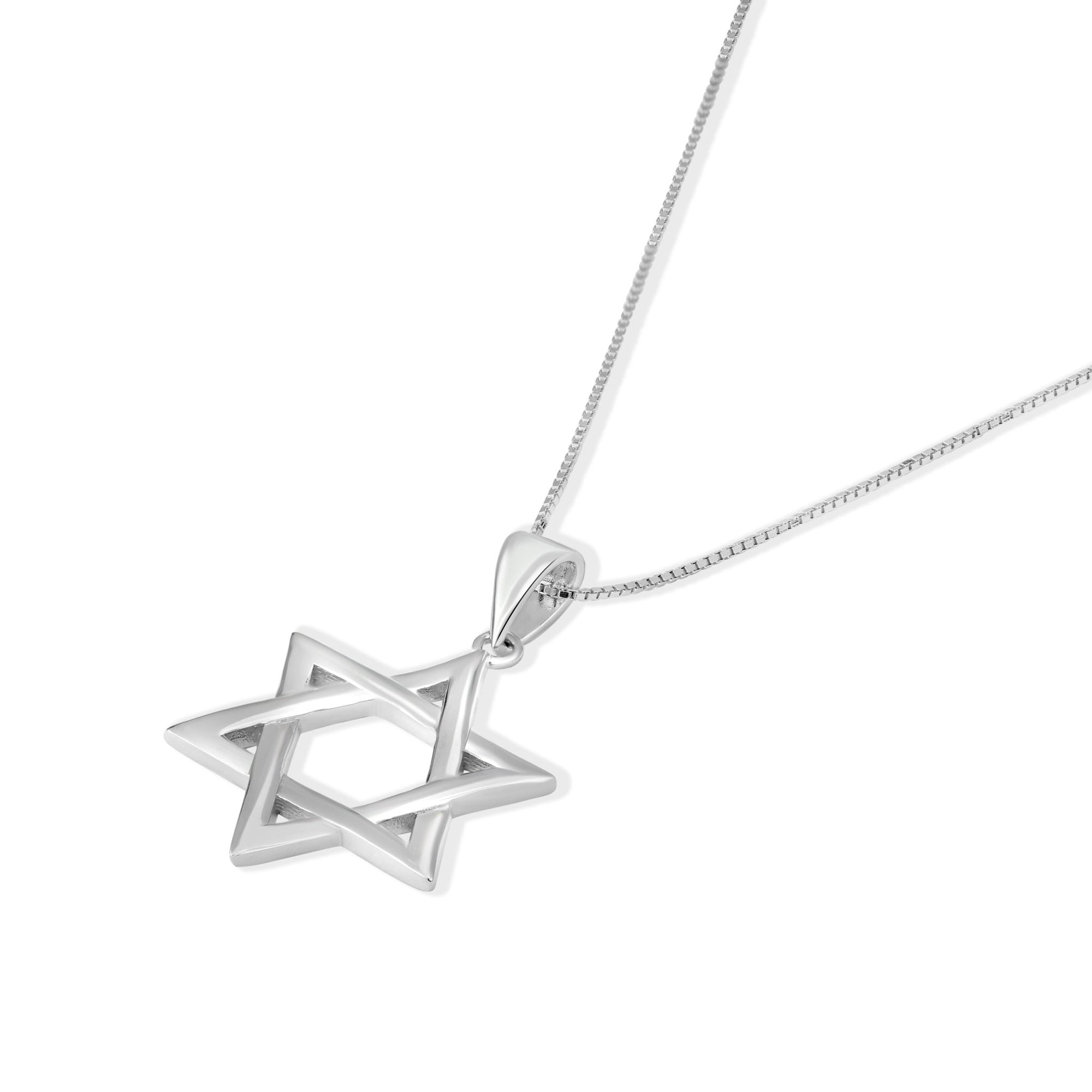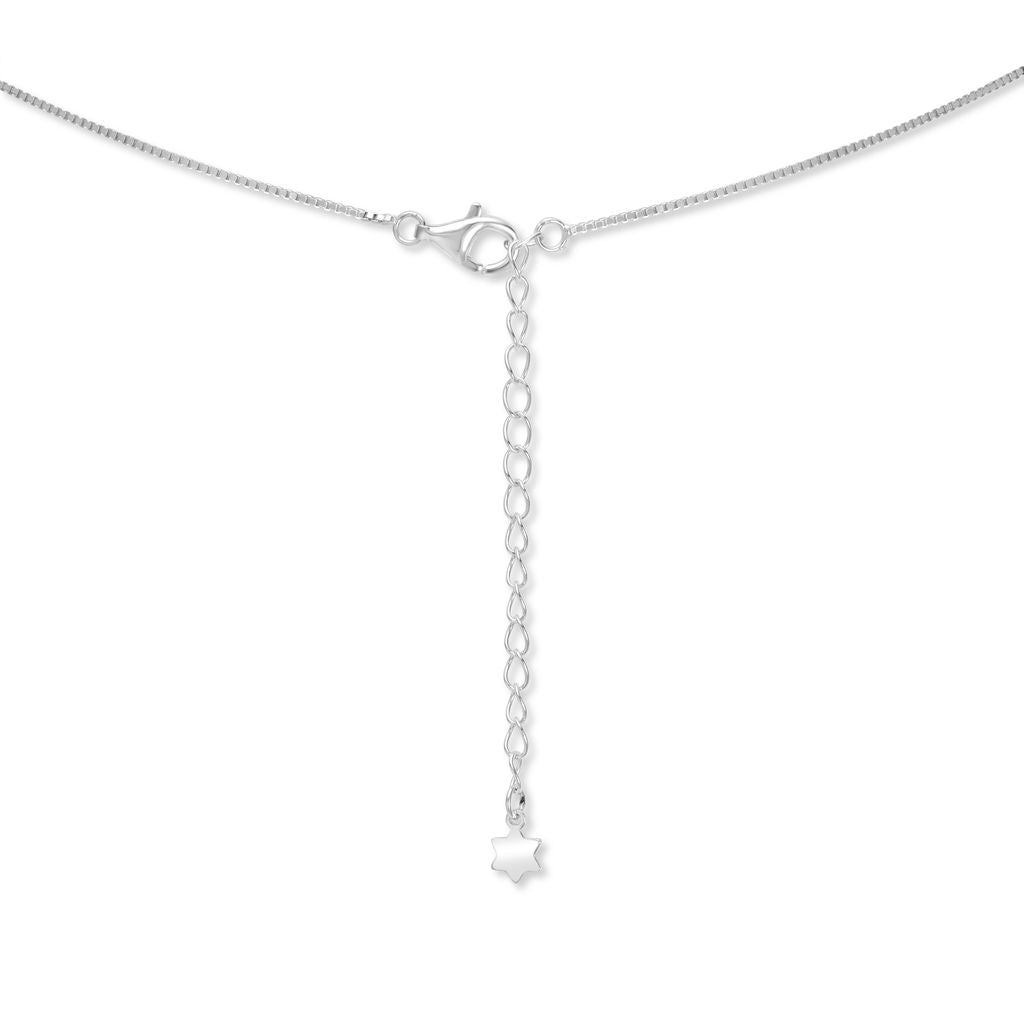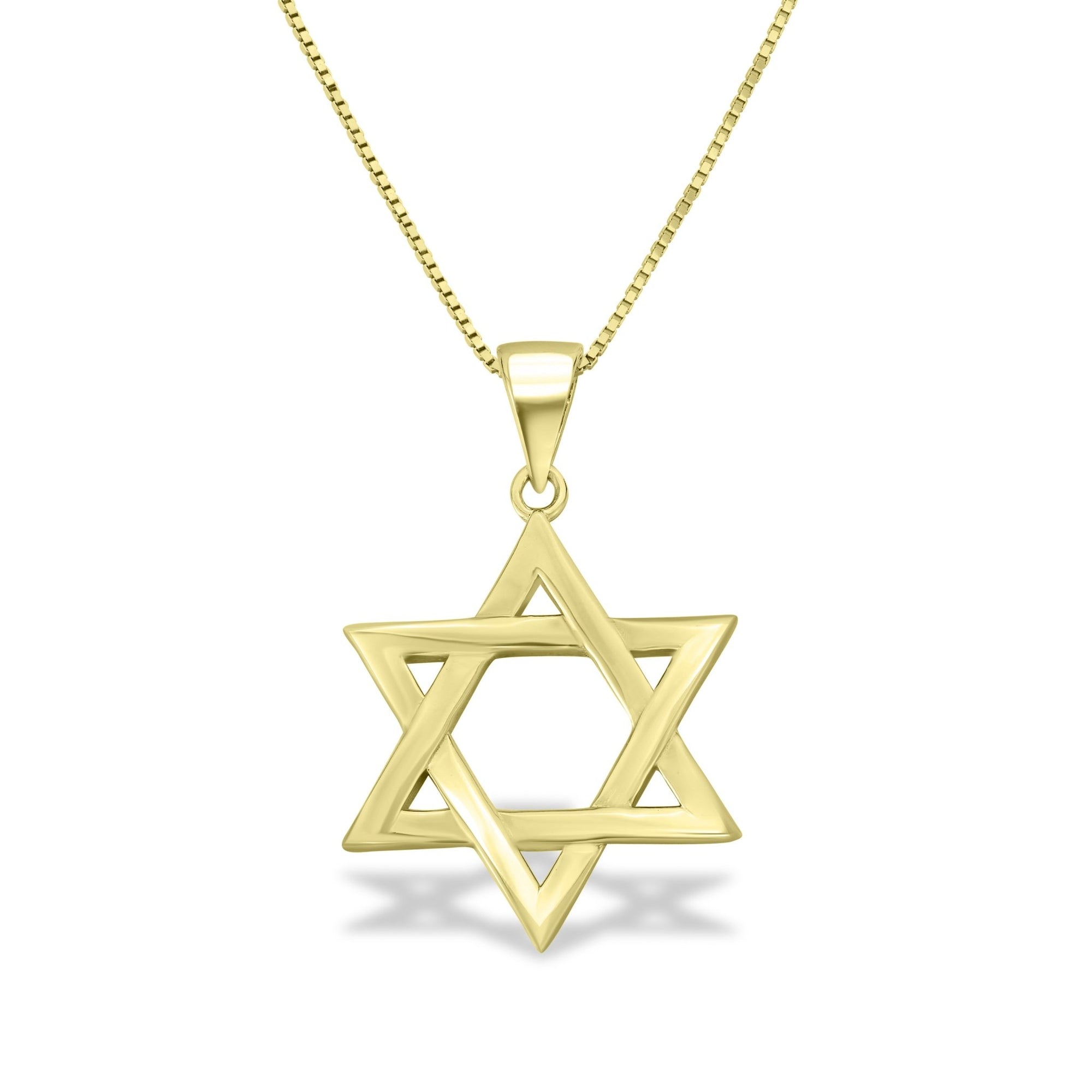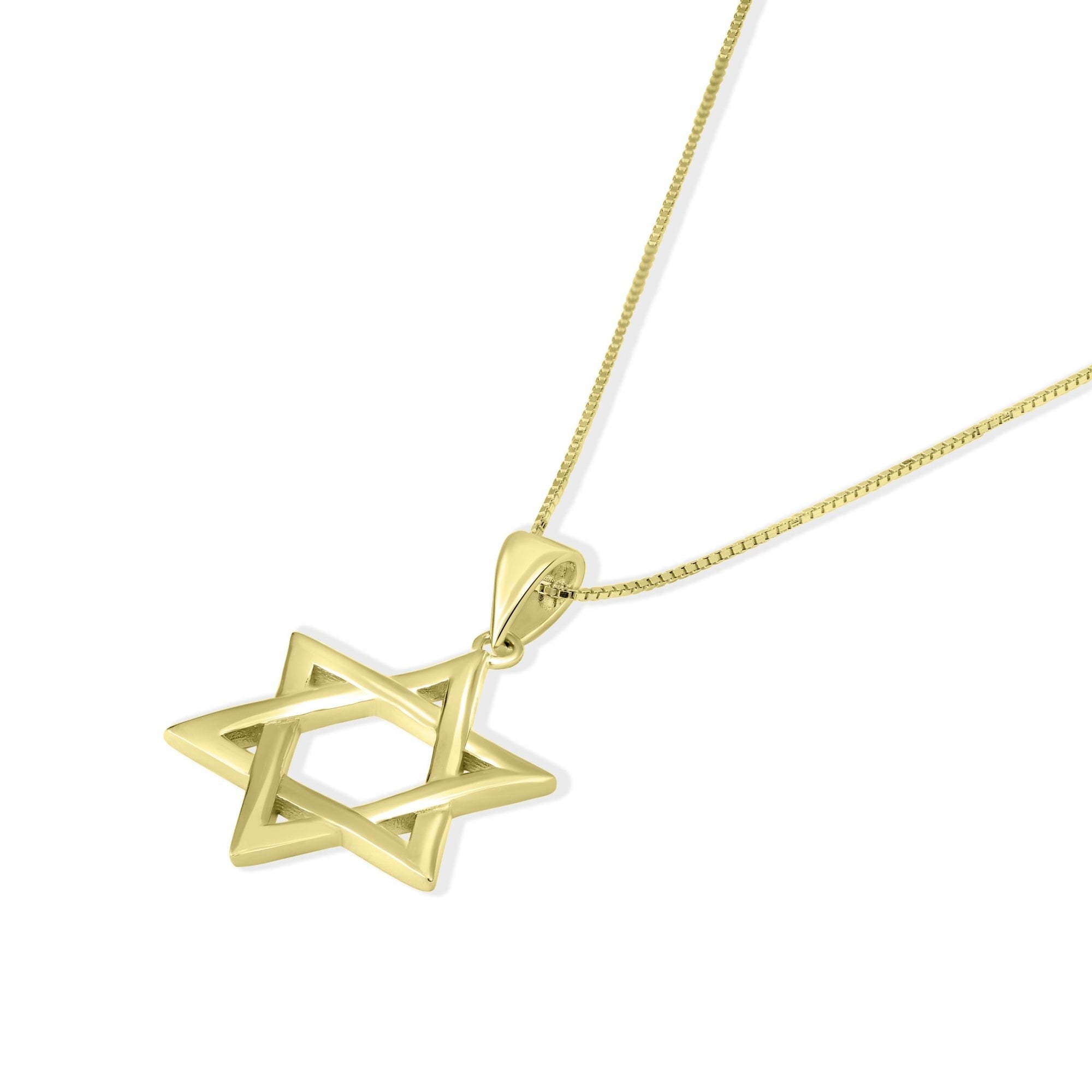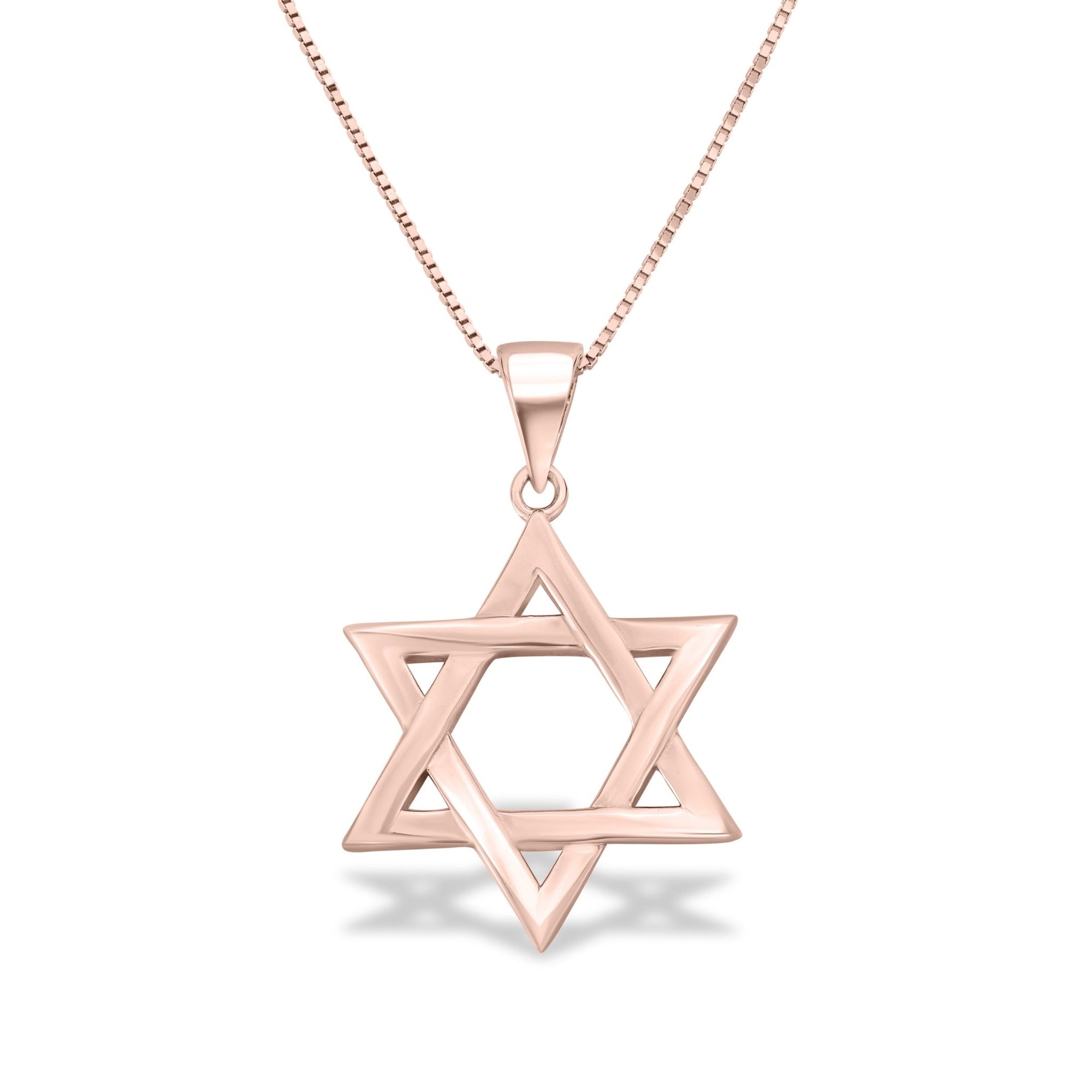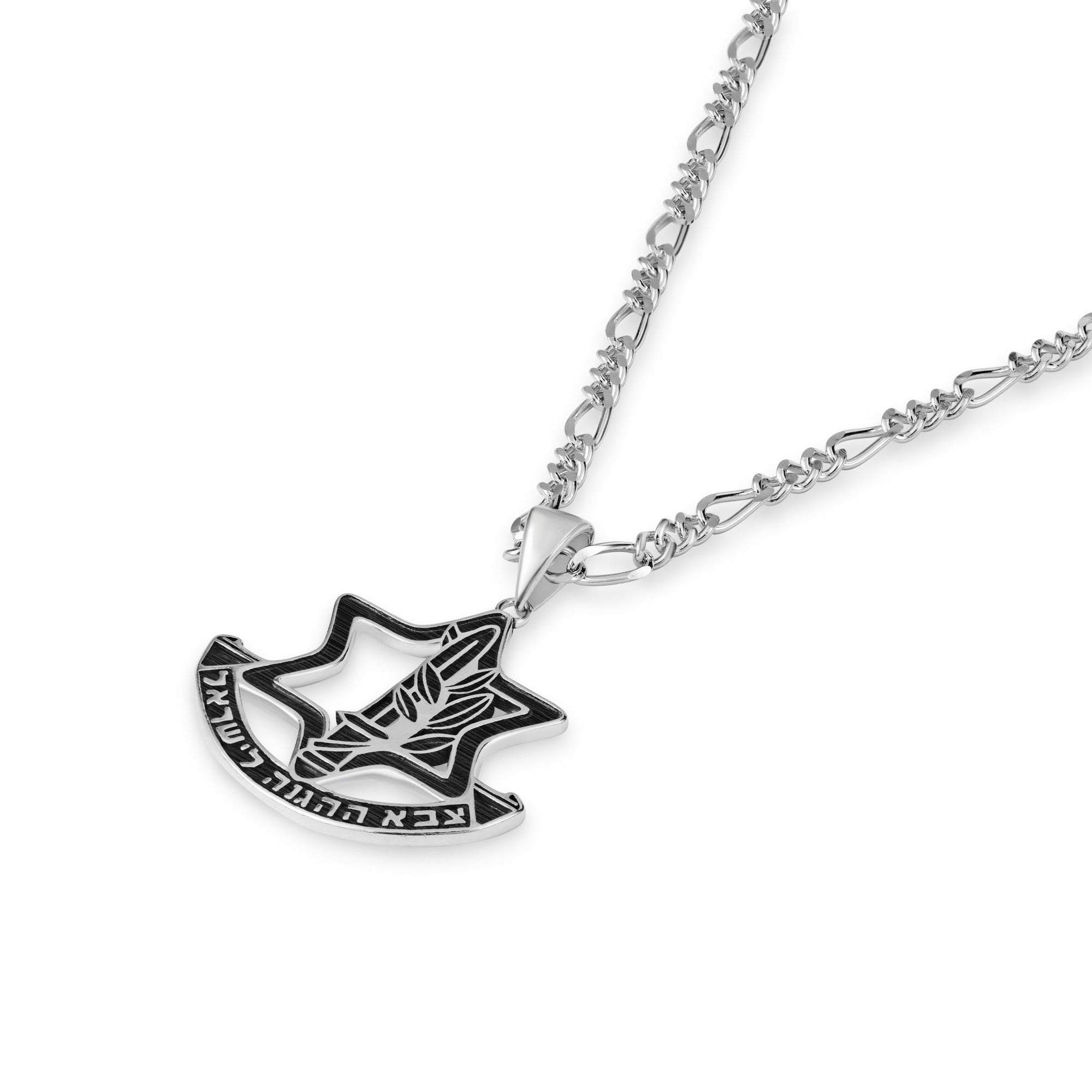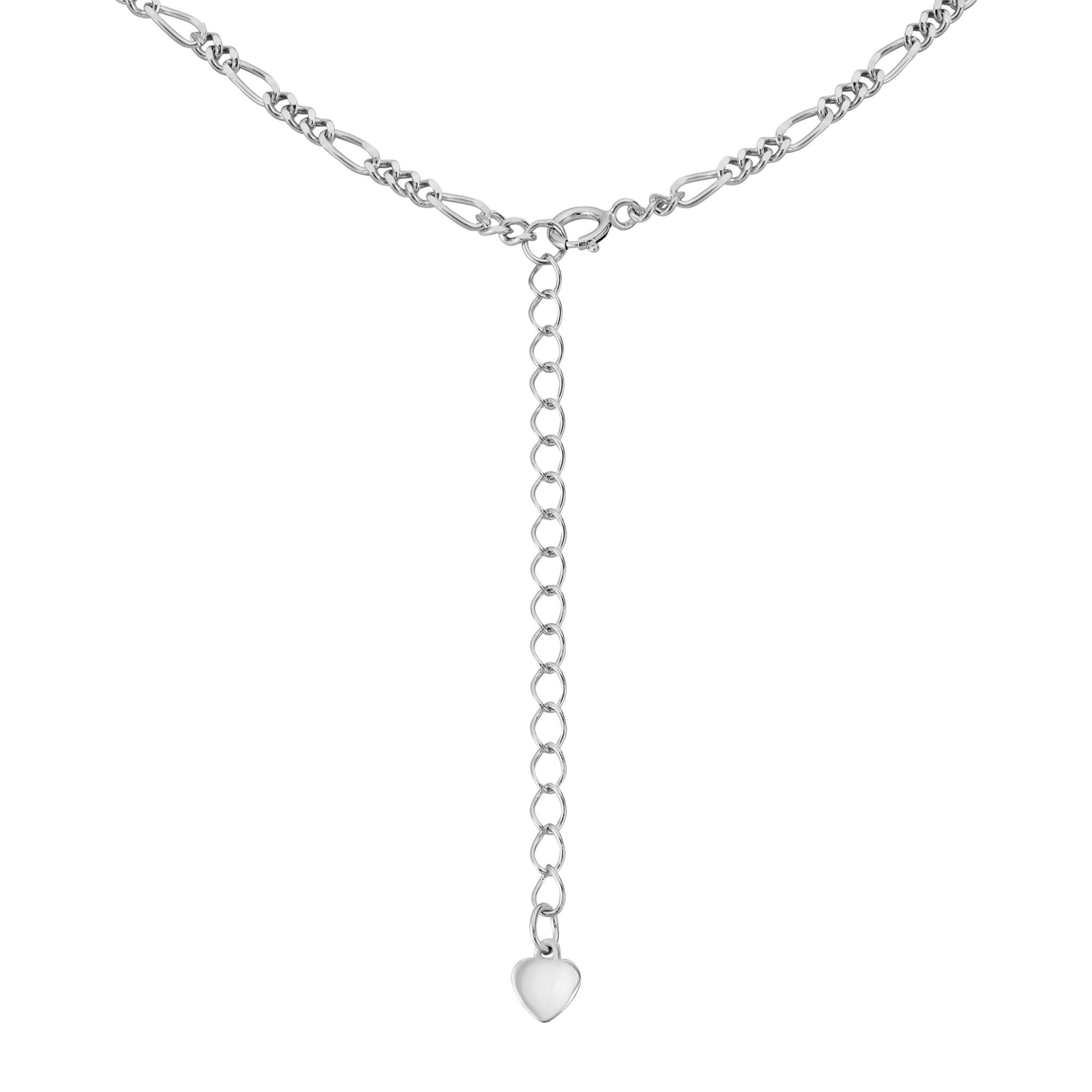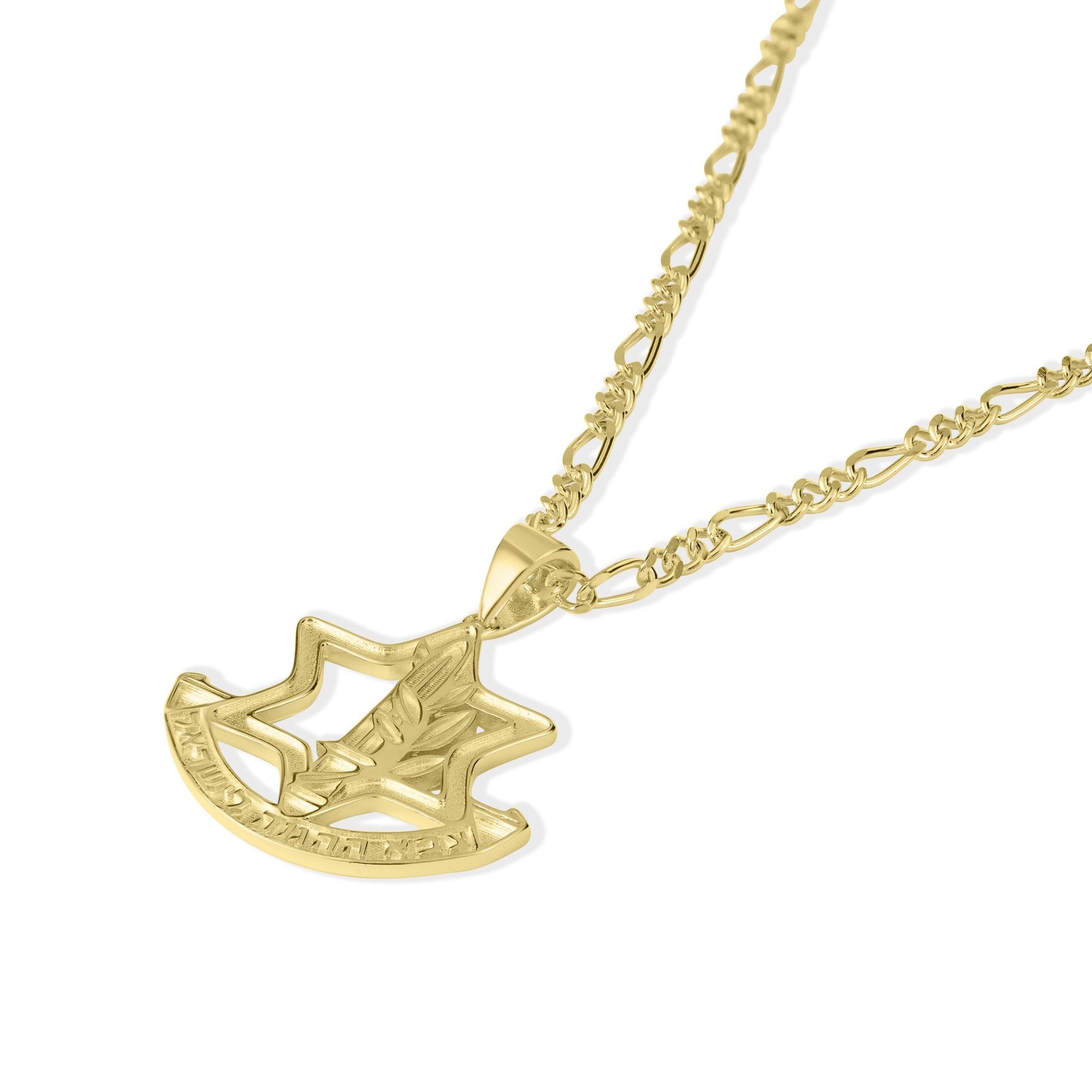Key Takeaways
- Leonard Cohen engaged with Israel during the 1973 Yom Kippur War, performing for Israeli troops and adopting the Hebrew name Eliezer, reflecting a deep personal connection.
- Cohen made public statements and participated in events related to Israel, including support for the Bereaved Families for Peace movement, indicating a nuanced stance on the Israel/Palestine conflict.
- His overall stance on Israel is complex, reflecting both support and internal conflict, particularly evident during his visit in 1973.
Has Leonard Cohen Engaged with Israel Directly?
Leonard Cohen's engagement with Israel was most notably during the 1973 Yom Kippur War. He traveled to Israel from Greece, where he was living with his family, to show solidarity with the Jewish state during a time of crisis.
- Cohen performed for Israeli troops, including at an airbase, where he wrote and sang "Lover Lover Lover," a song that reflects his emotional response to the conflict.
- During his time in Israel, Cohen adopted the Hebrew name Eliezer, symbolizing his deep personal connection to the Jewish community and Israel.
Has Leonard Cohen Expressed Opinions on Israel?
Cohen's public commentary on Israel was often nuanced and reflective of his complex feelings about the country and its conflicts.
- He expressed support for peace initiatives, such as the Bereaved Families for Peace movement, which aims to bring together families who have lost loved ones in the conflict to promote reconciliation.
- Cohen's participation in discussions and events related to Israeli affairs was limited but significant, often highlighting the human cost of conflict.
What Is Leonard Cohen’s Stance on Politics and Israel?
Leonard Cohen's political perspective on Israel was multifaceted and evolved over time. His visit to Israel during the Yom Kippur War was a pivotal moment in his life, reflecting both support and internal conflict.
- Cohen's overall political alignment was not strictly aligned with any particular side in the Israel/Palestine conflict; instead, he focused on themes of peace and reconciliation.
-
Key statements and actions:
- Cohen supported peace initiatives and expressed solidarity with Israel during times of crisis.
- He also acknowledged the complexities and challenges of the conflict, reflecting a nuanced understanding of the situation.
Community Engagement and Advocacy
Leonard Cohen's community engagement and advocacy efforts related to Israel were primarily centered around his performances during the Yom Kippur War and his support for peace movements.
- Cohen's performances for Israeli troops were a form of solidarity and support during a critical moment in Israel's history.
- His involvement with organizations like the Bereaved Families for Peace highlighted his commitment to reconciliation and peace in the region.
Cultural Impact Related to Israel
Leonard Cohen's cultural impact on Israel was significant, particularly through his music and performances during the Yom Kippur War. His presence and actions resonated deeply with the Israeli public, reflecting a strong cultural connection.
- Cohen's music and poetry have been celebrated in Israel for their depth and emotional resonance, contributing to a broader cultural appreciation for his work.
- His influence aligns with local Israeli cultural initiatives that emphasize peace, reconciliation, and the exploration of Jewish identity.
Conclusion: Leonard Cohen’s Complex Relationship with Israel
Leonard Cohen's relationship with Israel was marked by a deep personal connection and a complex political stance. His visit during the Yom Kippur War and his support for peace initiatives reflect a nuanced understanding of the Israel/Palestine conflict. While Cohen's actions and statements often expressed solidarity with Israel, they also reflected a broader commitment to peace and reconciliation. Thus, the question of whether Leonard Cohen supported Israel can be answered affirmatively, but with the caveat that his support was intertwined with a desire for peace and an acknowledgment of the conflict's complexities.














